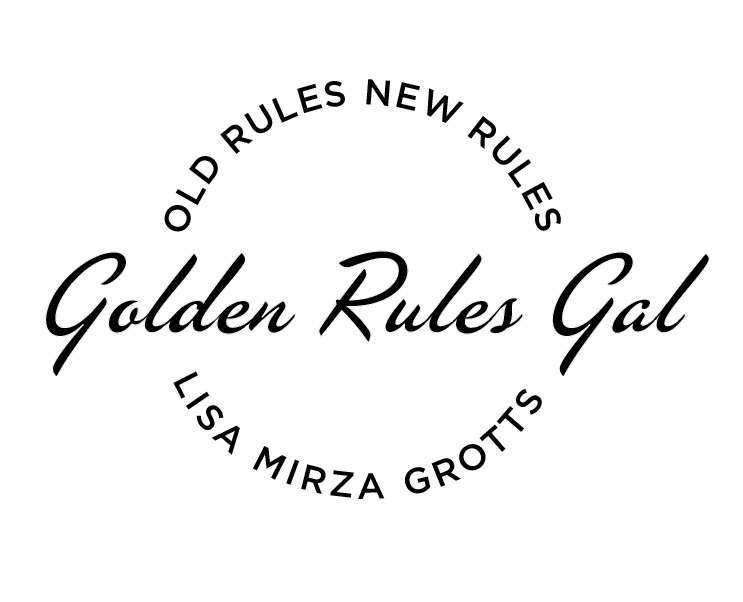Anyone who takes it upon him — or herself to correct the manners of others in public makes me nervous. It seems that people have taken to correcting the mistakes of others into their own hands. The question is: Why are so many people anxious to do this? Have things turned so ugly in our society that we feel it necessary to not only confront but also comment? Do we really feel that correcting others will improve their behavior?
Manners aren’t what they used to be, but pointing out someone’s social errors is bad manners. Further, commenting on a person’s minor gaffes, such as imperfect grammar, wrong word choices, or poor table manners crosses the politeness line and, frankly, shows a lack of social skills. When our mothers told us to mind our manners, I don’t think they meant “and everyone else’s manners as well!” Consider this quote from Emily Post: “Manners are a sensitive awareness of the feelings of others. If you have that awareness, you have good manners, no matter what fork you use.”
When is it all right to ask someone to change their behavior in public? If someone is talking so loudly on a cell phone or in a movie theatre that it is truly disturbing you, it is all right to politely ask that person to talk more quietly or turn off his or her phone. Last month, on board an Amtrak train, a woman seated in front of me was on her cell phone with the speaker on (she did not have a private sleeping car). The entire train car could hear dual conversations. I politely asked her to mute the call, which she did without hesitation or apology. Did I want to hand her my business card? You bet, but doing so would have been bad manners on my part. Now I use that situation as an example so others can learn from her mistake.
But attempting to correct other kinds of public behavior is simply unwise. Would you confront a homeless person on the street whom you saw urinating in front of a storefront? What if you saw someone on the street screaming into his phone or at another person? While these things are offensive, they are best left to those who are trained to deal with them, as the reactions of some people can be dangerous.
John D. Rockefeller said, “The ability to deal with people is as purchasable a commodity as sugar or coffee and I will pay more for that ability than any other under the sun.” His words speak of tact and consideration. Hard as it may be for some, the ability to get along with others, to demonstrate good manners, and to make other people feel comfortable is how we behave in a polite society. What we say and how we say it speaks volumes and can heighten or dim an image in an instant!
Tact, as defined by Webster’s, means “accentuating the positive,” especially when correcting the mistakes of employees. For instance, you might say: “There seems to be a discrepancy” rather than “You’ve made a big mistake!” In other words, try the pedagogical approach of asking someone to find his own errors rather than hitting him over the head with his mistakes. For example, “Have you checked out such and such?” or “I get a different conclusion or different numbers in the report than you do.” Choosing courteous words will help you project your image as a pleasant and considerate person.
The same goes for dealing with people you don’t know in public. Not only are you more likely to get a good result if you treat others politely, you will avoid being chastised (or worse, verbally attacked) by them for your remarks.
Our first President’s book on public manners stands the test of time. George Washington’s book entitled Rules of Civility and Decent Behavior In Company and Conversation discusses how to treat others in social relations and practice self-control. Three rules stand out:
1. No. 49: Use no reproachful language against anyone; neither curse nor revile.
2. No. 59: Never express anything unbecoming nor act against the rules moral before your inferiors.
3. No. 81: Be not curious to know the affairs of others; never approach those that speak in private.
Courteous behavior is not rocket science. Focus on those three magic phrases we learned as children and use them often: Please, may I, and thank you. In other words, think before you speak.
[author] [author_image timthumb=’on’]http://37.60.249.202/~expertet/wp-content/uploads/about-lisa.jpg[/author_image] [author_info]Lisa Mirza Grotts is a recognized etiquette expert, an on-air contributor, and the author of A Traveler’s Passport to Etiquette. She is a former director of protocol for the city and county of San Francisco and the founder and CEO of The AML Group (Lisagrotts.com), certified etiquette and protocol consultants. Her clients range from Stanford Hospital to Cornell University and Levi Strauss. She has been quoted by Condé Nast Traveler, InStyle magazine, the Los Angeles Times, and the New York Times. To learn more about Lisa, follow her on Twitter.com/LisaGrotts and Facebook.com/LisaGrotts
Follow Lisa Mirza Grotts on Twitter.[/author_info] [/author]
